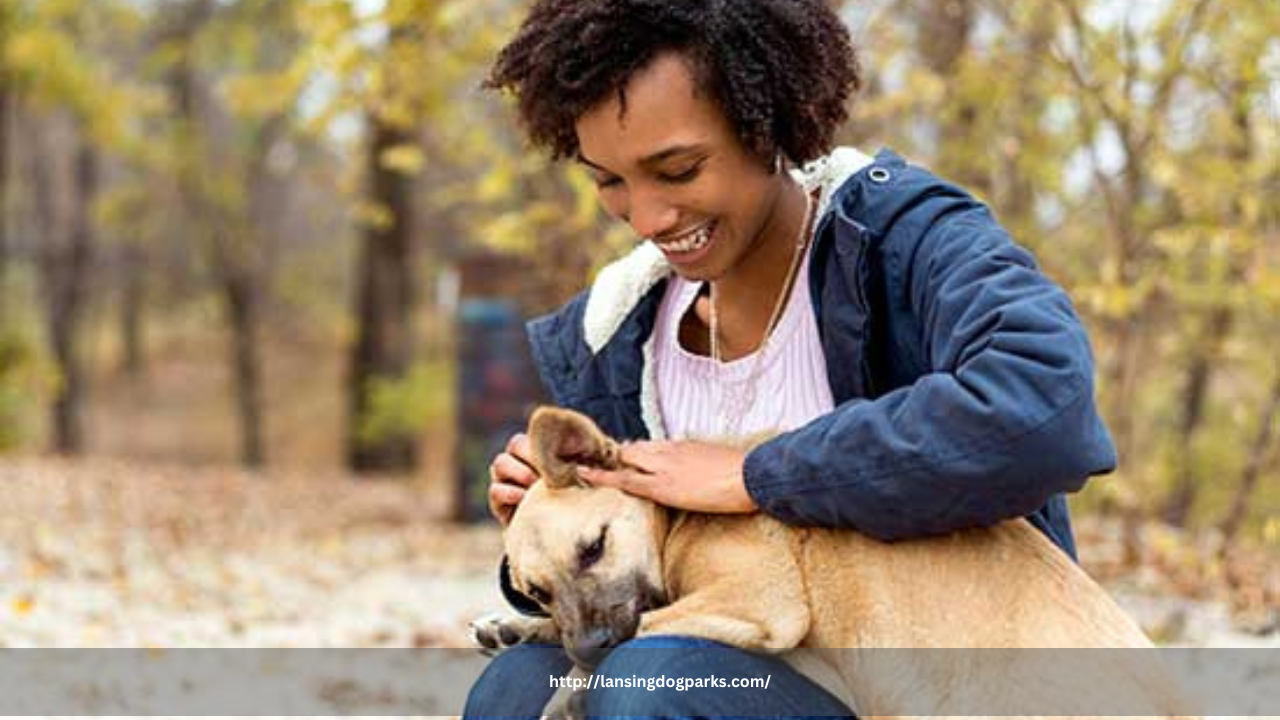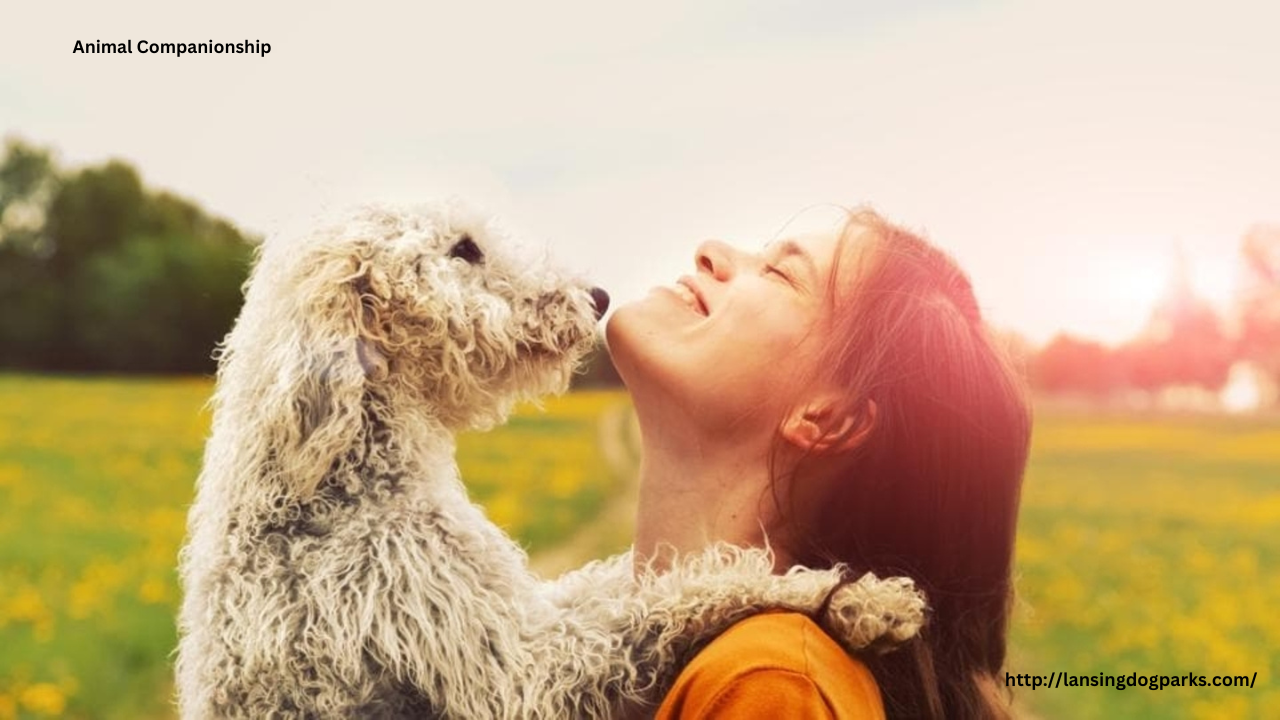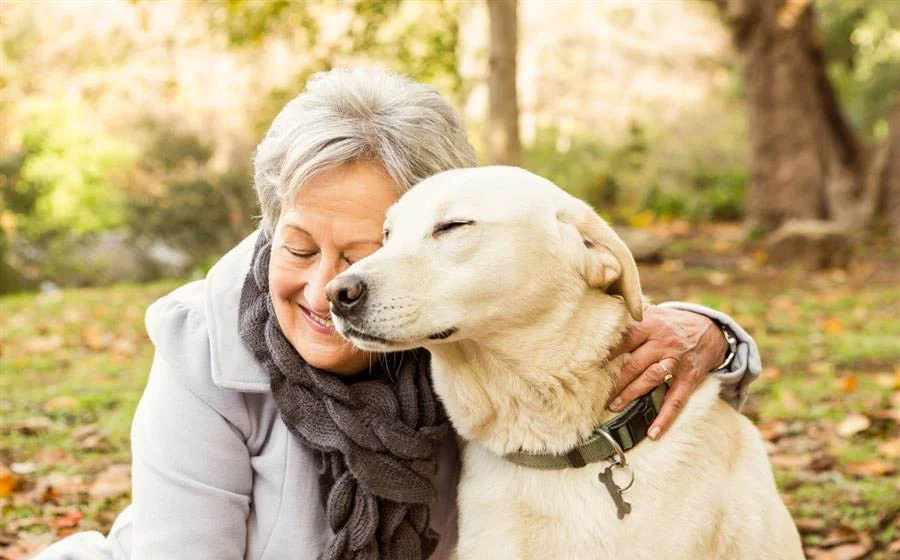
In recent years, pet therapy—also known as animal-assisted therapy—has gained significant attention in the fields of mental health and addiction recovery. While the idea of animals helping people heal might sound simple or even sentimental, a growing body of scientific research supports what many have long believed: animals have a profound, measurable impact on human well-being. From reducing stress and anxiety to promoting emotional regulation and routine, pet therapy has proven to be a powerful complement to traditional recovery approaches. But how exactly does it work?
Neurochemical Changes That Support Healing
One of the most immediate benefits of interacting with animals is their ability to influence brain chemistry. Studies have shown that petting or cuddling with animals can increase levels of oxytocin, the hormone associated with bonding and trust. This same hormone helps reduce stress, ease social anxiety, and foster emotional connection.
At the same time, animal interaction helps decrease levels of cortisol, the hormone linked to stress and anxiety. This calming effect can be especially helpful for individuals recovering from addiction, who often experience heightened emotional states and may struggle with anxiety, irritability, or restlessness. Additionally, the presence of animals has been shown to boost dopamine and serotonin levels—neurotransmitters that play a crucial role in mood, motivation, and pleasure. Because substance use can impair the brain’s ability to produce these chemicals naturally, pet therapy can help restore emotional balance and aid in the recovery process.
Routine, Responsibility, and Structure
Another reason pet therapy is so effective in supporting sobriety is the structure and sense of purpose it brings. Addiction often disrupts a person’s daily life, leaving behind disorganization and unpredictability. Taking care of an animal introduces a new rhythm—regular feeding times, walks, grooming, and play.
These responsibilities, while simple, help create a stable routine. For individuals in recovery, this structure can be grounding, helping them stay focused, accountable, and engaged in healthy, productive habits. Knowing that an animal relies on them for care can also boost self-esteem and reinforce the sense that they are capable of love and responsibility—something addiction may have led them to doubt.
Emotional Regulation and Trauma Recovery
Many people struggling with addiction also carry deep emotional wounds or unresolved trauma. Therapy animals offer a safe, nonjudgmental presence that can help individuals process these emotions. The consistent companionship of a pet provides comfort during moments of vulnerability, helping individuals develop emotional awareness and regulate their reactions without turning to substances.
Animal-assisted therapy is increasingly used in treatment centers to support trauma-informed care. For example, equine-assisted therapy (working with horses) has been shown to improve emotional insight, reduce symptoms of PTSD, and build trust and empathy—all vital components of lasting recovery.
Reducing Isolation and Enhancing Social Bonds
Loneliness and social disconnection are common relapse triggers. Pets help combat this by providing unconditional companionship. Dogs, in particular, encourage social interaction through walks and community activities, allowing individuals to re-engage socially in a healthy way.
Conclusion
The science behind pet therapy clearly shows that animals do far more than provide comfort—they actively support mental and emotional healing. For those on the path to sobriety, companion animals and therapy pets offer neurological, emotional, and social benefits that make recovery not just possible, but sustainable. In short, they help heal from the inside out.








